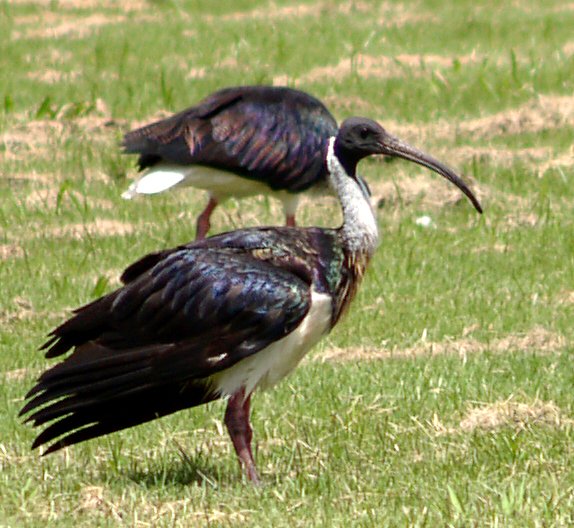
Phew! We made it through another week of Wild Facts and it is time to sit back and enjoy a well deserved break. Before you get too relaxed, I need you to go and dig out your chest waders because we are going to play in some wetlands today. Come on, everyone likes playing in the water and mud. While we are wading through these swamps and marshes, be sure to keep your eye out for a beautiful bird called the Ibis. The great thing about these large wading-birds is the fact that they can be found practically worldwide. Your best bet for seeing them though is in the Temperate regions of the Southern Hemisphere.
The Ibis is best known for their large size, long necks and curved beaks. This long neck and curved beak comes in handy when they are trying to catch a nice snack. These birds are specialists at picking frogs, insects, crabs and reptiles out of the mud using their curved beak. How about that? Not only does the beak look cool but it plays a pretty important role in the life of the Ibis.
Like most other wading-birds, the Ibis is a sociable bird that likes to go for a beer or two with their friends. In fact, the Ibis is very open-minded and will even hang out with other wading-birds such as the Heron and the Umbrellabird. It is important not to ignore you own species so the Ibis will also form large flocks of their own kind. They will usually create these flocks in order to find food and a mating partner.
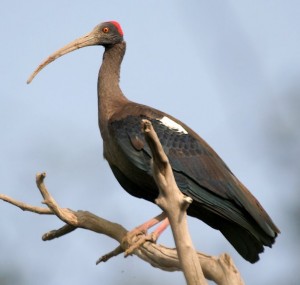
You would think that these huge flocks of very large birds would be safe from most predators but this does not appear to be the case. In fact, the Ibis will generally rest in the trees instead of on the ground in an attempt to protect themselves from the hungry animals down below. What type of animals will try to feast on the Ibis? Well, there are wild cats, foxes, snakes and even birds of prey will swipe their eggs. This just goes to show that size doesn’t matter.
Okay, so it is time to get out of the swamp and head back home so we can enjoy another beautiful spring weekend. Thanks for hanging out with me today and I will see you on Monday.


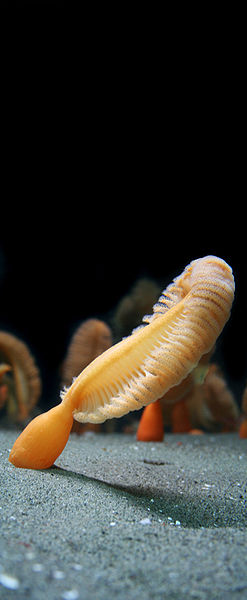
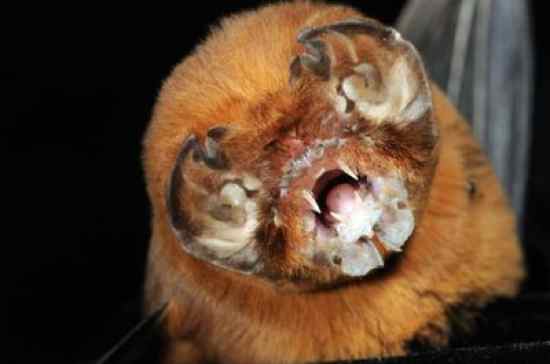

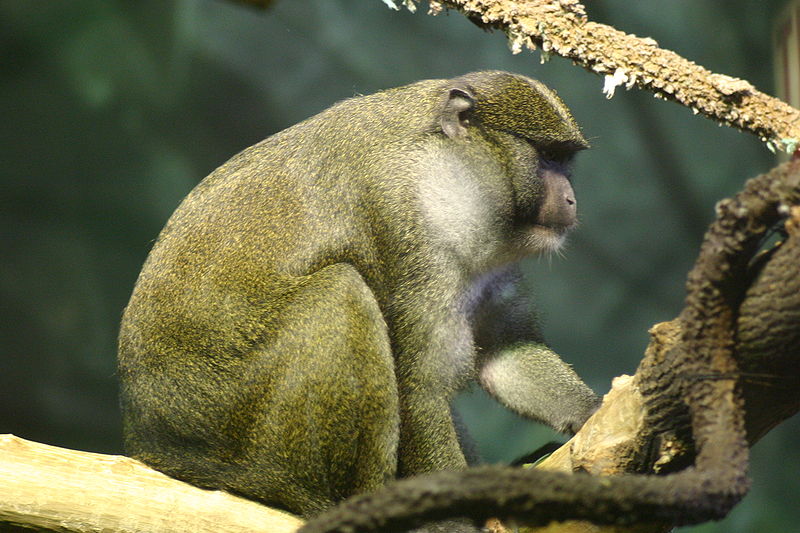
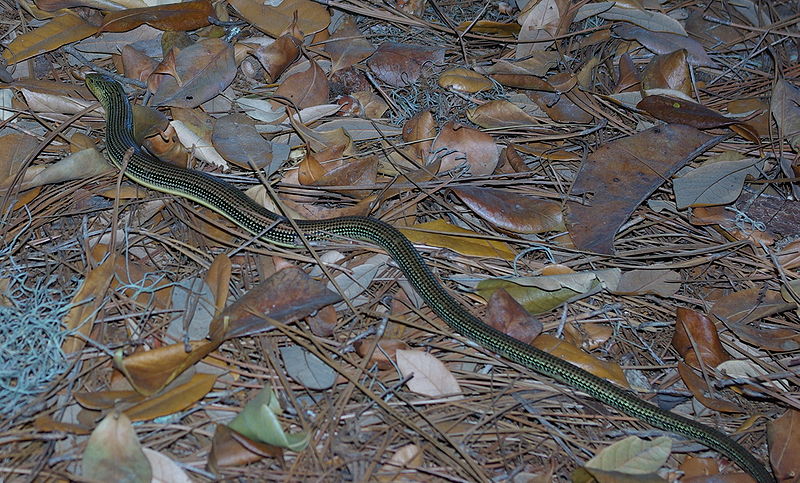
Fascinating, as always.